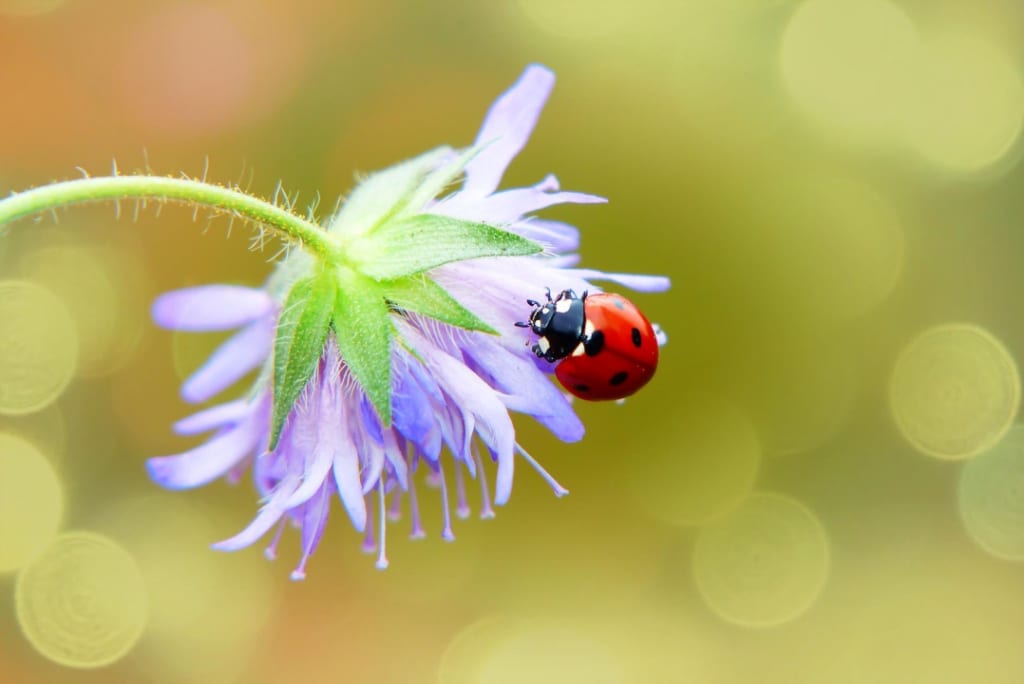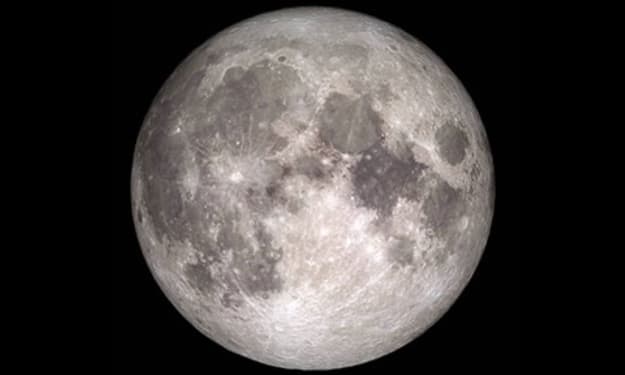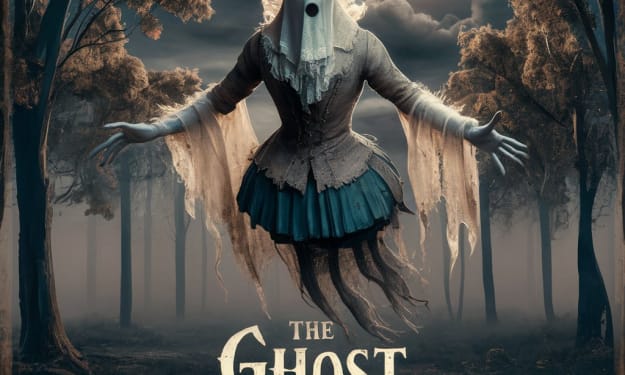What if all insects suddenly disappeared?
What if all insects suddenly disappeared?

Insect are arthropod invertebrates that belong to the class Pancrustacea. They make up the largest group in the phylum Arthropoda. Insects have an exoskeleton made of chitin, a body with three distinct parts (head, thorax, and abdomen), three pairs of legs that are jointed, compound eyes, and a single pair of antennae. Unlike other animals, insects have some blood that circulates in an open cavity known as haemocoel and is not completely enclosed in vessels. The insect group is the most varied, comprising of over a million species and more than half of all living organisms known to humankind. It is estimated that there are around six to ten million species of insects, potentially making up over 90% of animal life on earth. Though insects can be found in almost all environments, only a small number of species live in oceans. Research shows that insects are nested within another arthropod group, crustaceans, which dominate marine ecosystems.
Did you know that almost all insects start out as eggs? They grow by shedding their hard outer shell and going through different stages of development. Sometimes, the young insects look very different from the adults and even live in different places. Some insects even go through a special stage called a pupa before becoming an adult. Insects can move around in many ways, like walking, flying, and even swimming. They are the only invertebrates that can fly for a long time. Some insects live in water and have special adaptations like gills to help them breathe. Some insects live alone, but others live in big groups called colonies. Some insects even take care of their babies! Insects can talk to each other in different ways, like by making sounds or using special smells called pheromones. Cool, huh?
It's clear that insects play a vital role in our ecosystem, and their disappearance would have far-reaching consequences. Over half of all known species on Earth are insects, which means they are essential to the overall balance of our planet. If they were to suddenly vanish, our world would be drastically different. We would no longer experience the sounds of cicadas or the sight of fireflies in the summer. The absence of bees would mean no more pollination for apple, cherry, peach, or almond trees, and no more honey production. Our grocery store shelves would be empty without the contribution of insects. While some people may rejoice at the thought of mosquitoes disappearing, they serve as a food source for birds, bats, frogs, and other animals. The same goes for cockroaches, which provide protein for birds, rodents, and other insects. Without insects, these animals and their food sources would be in jeopardy. In conclusion, insects may not have built civilizations, but their presence is crucial for the survival of our world.
In some areas of the world, humans rely on insects, including roaches and dung beetles. If we were to lose all 4,400 species of roach, ecosystems would suffer. Dung beetles, which are excellent recyclers, would also be missed. A real-life example occurred in Australia when British cattle were introduced. The cow poop piled up because the native Australian dung beetles wouldn't eat it. This led to a huge problem, as the nitrogen in the dung impeded plant growth. Without dung beetles and other insects that eat feces, the world would be overrun with poop and corpses. Flesh-eating beetles and other insects play a crucial role in cleaning up dead bodies, and without them, there would be fewer custodians around to do the job. Even vultures and bacteria wouldn't be enough. Without insects, we could find ourselves starving while being surrounded by waste and dead bodies.
About the Creator
Enjoyed the story? Support the Creator.
Subscribe for free to receive all their stories in your feed. You could also pledge your support or give them a one-off tip, letting them know you appreciate their work.





Comments
There are no comments for this story
Be the first to respond and start the conversation.